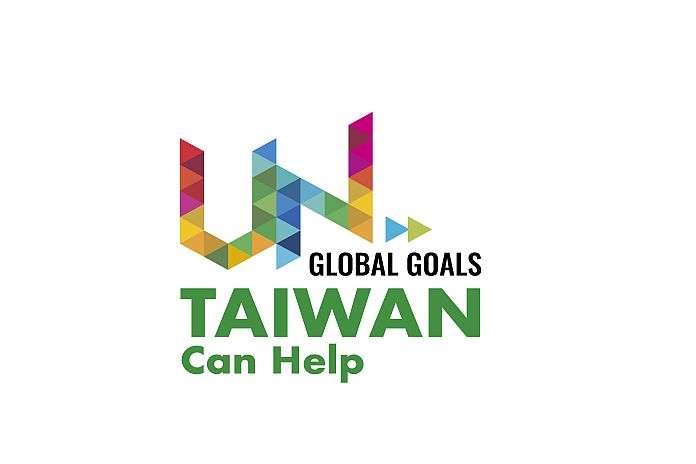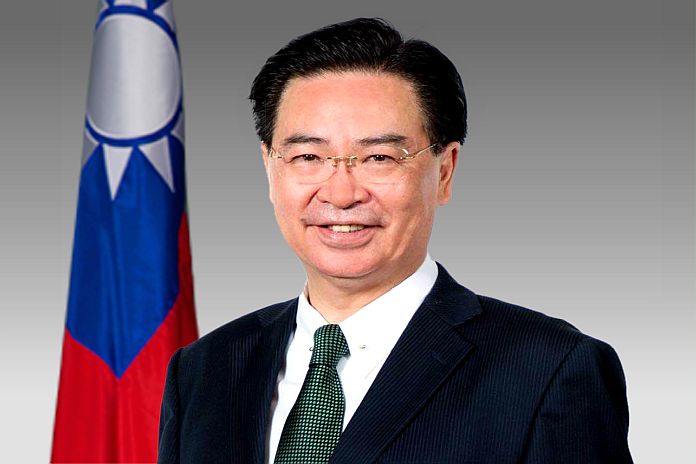By Jaushieh Joseph Wu
After more than 200 million infections and over 4 million deaths and counting, the COVID-19 pandemic has raged across the globe. This has created a profoundly devastating socio-economic impact on our interconnected world, with virtually no countries spared. The pandemic has disrupted global trade, exacerbated poverty, impeded education, and compromised gender equality, with middle to low-income nations bearing the brunt of the burden.
As many countries brace for another spike of the virus, prompted by the highly contagious Delta variant, the world looks up to the United Nations (UN) to ramp up comprehensive efforts to resolve the crisis, ensure better recovery, and rebuild sustainably. This is a daunting task that requires all hands on deck. It is time for the global body to welcome Taiwan, a valuable and worthy partner that stands ready to lend a helping hand.
Over the past few months, Taiwan, like many other countries, has been dealing with a surge of COVID-19 cases after almost a year of success in containing the virus. Yet, it got a handle on the situation and emerged even more ready to work with allies and partners to tackle the challenges posed by the pandemic. Taiwan’s effective response to the pandemic, it’s rapid capacity expansion to meet global supply chain demand, and its substantive assistance toward partner countries around the world all speak to the fact that there is no lack of compelling reasons for Taiwan to play a constructive role in the UN system.
However, under pressure from the People’s Republic of China (PRC), the UN and its specialized agencies continue to reject Taiwan, citing the 1971 UN General Assembly Resolution 2758 (XXVI) as a legal basis for this exclusion. But the language of the resolution is crystal clear: it merely addresses the issue of China’s representation in the UN; there is no mention of Chinese claim of sovereignty over Taiwan, nor does it authorize the PRC to represent Taiwan in the UN system.
The fact is, the PRC has never governed Taiwan. This is the reality and status quo across the two sides of the Taiwan Strait. The Taiwanese people can only be represented on the international stage by their popularly elected government. By falsely equating the language of the resolution with Beijing’s “one China Principle,” the PRC is arbitrarily imposing its political views on the UN.
The absurdity doesn’t end there. This exclusion also obstructs the participation of Taiwan’s civil society. Taiwanese passport holders are denied access to UN premises, both for tours and meetings, while Taiwanese journalists cannot obtain accreditation to cover UN events. The only reason for this discriminatory treatment is their nationality. Barring members of Taiwan’s civil society from the UN defeat the ideal of multilateralism, contravenes the UN’s founding principles of promoting respect for human rights and fundamental freedoms, and hampers the UN’s overall efforts.

For six decades, Taiwan has been providing assistance to partner countries around the world. Since the adoption of the UN 2030 Agenda, it has focused on helping partners achieve the Sustainable Development Goals (SDGs), and, more recently, engage in antipandemic response and post-pandemic recovery.
Meanwhile, at home, Taiwan has fulfilled its SDGs in gender equality, clean water and sanitation, and good health and well-being, among others. Our innovative, community-based solutions are harnessing public-private partnerships for the benefit of society as a whole.
The World Happiness Report 2021, released by the Sustainable Development Solutions Network, ranked Taiwan the happiest in East Asia, and 24th in the world. The ranking indicates how the people of a country feel about the social support they receive, and reflects in large part a country’s implementation of the SDGs. Taiwan is willing to pass on its experience and work with global partners to build a better and more resilient future for all.
At a time when the world is sounding the clarion call for climate actions and to achieve net-zero carbon emissions by 2050, Taiwan is actively charting a roadmap toward the goal and has drafted dedicated legislation to facilitate this process. Climate change knows no borders, and concerted efforts are a must if we want a sustainable future. Taiwan knows this and is working on the best ways to turn the challenges of carbon reduction into new opportunities.
In his oath of office in June this year, UN Secretary-General António Guterres stressed that the COVID-19 pandemic has revealed our shared vulnerability and interconnectedness. He said that the UN, and the states and people it serves, can only benefit from bringing others to the table.
Denying partners that have the ability to contribute is a moral and material loss to the world as we seek to recover better together. Taiwan is a force for good. Now is the time to bring Taiwan to the table and let Taiwan help.





